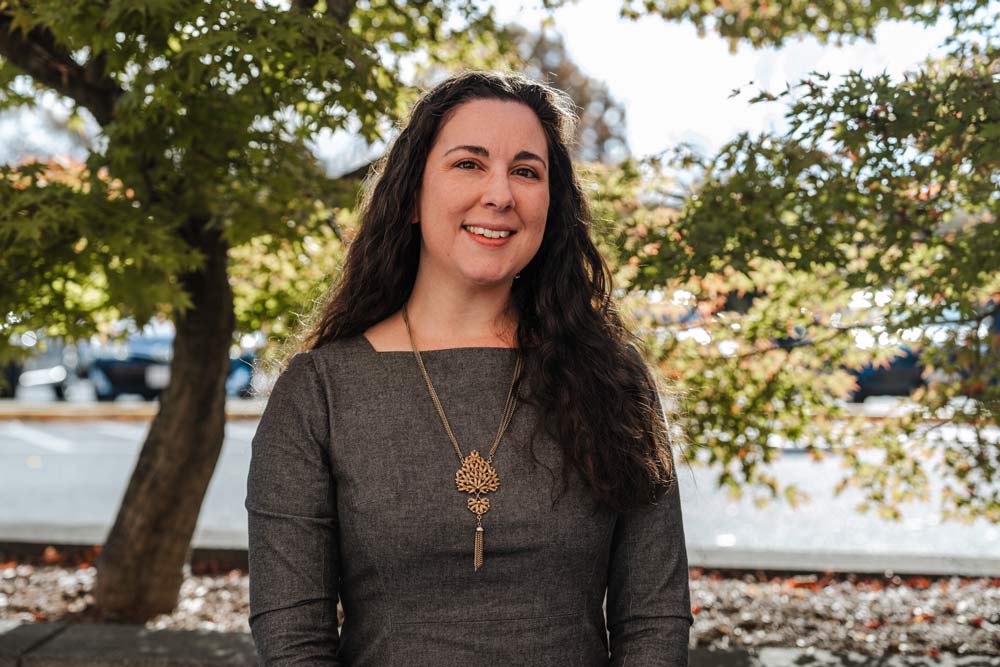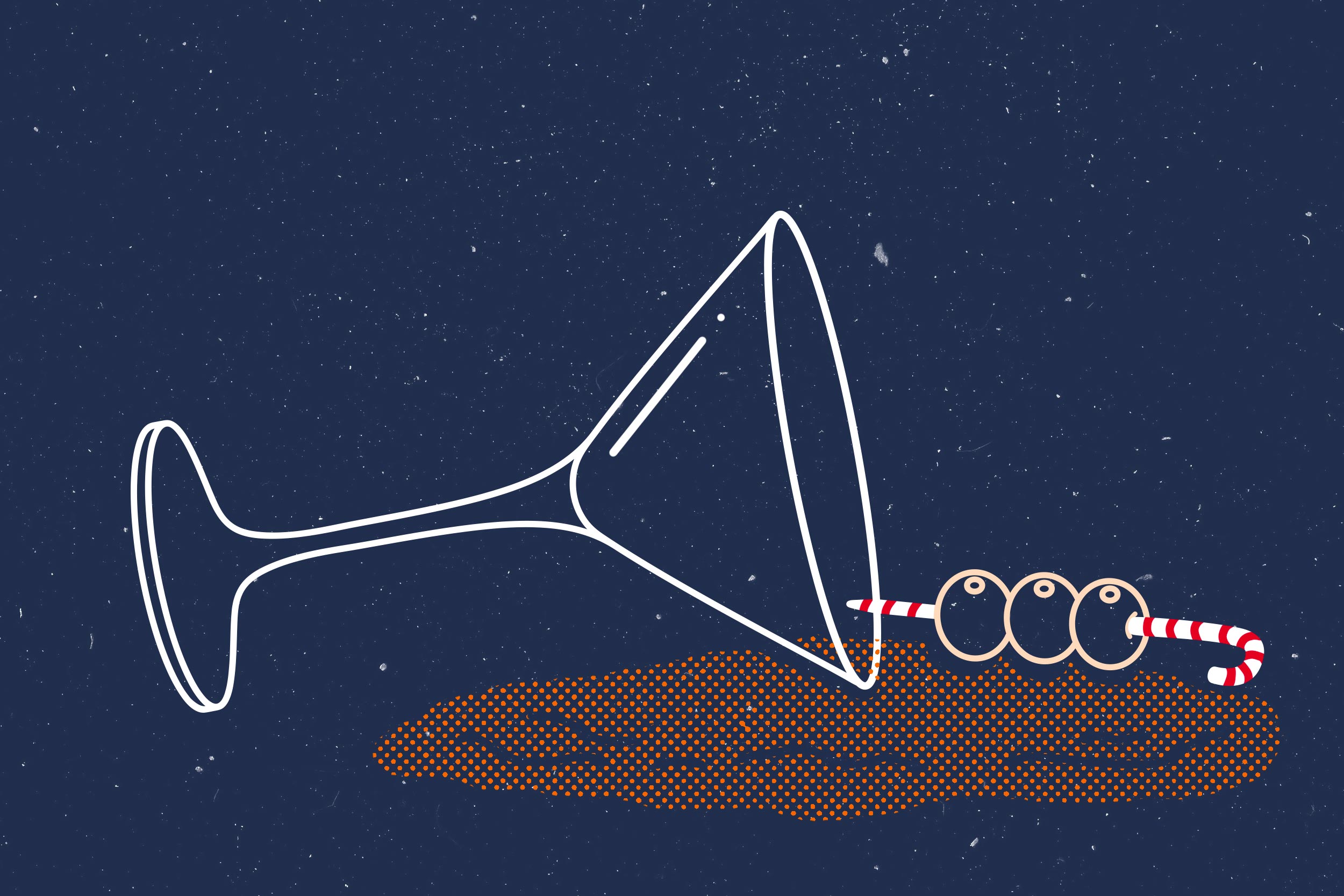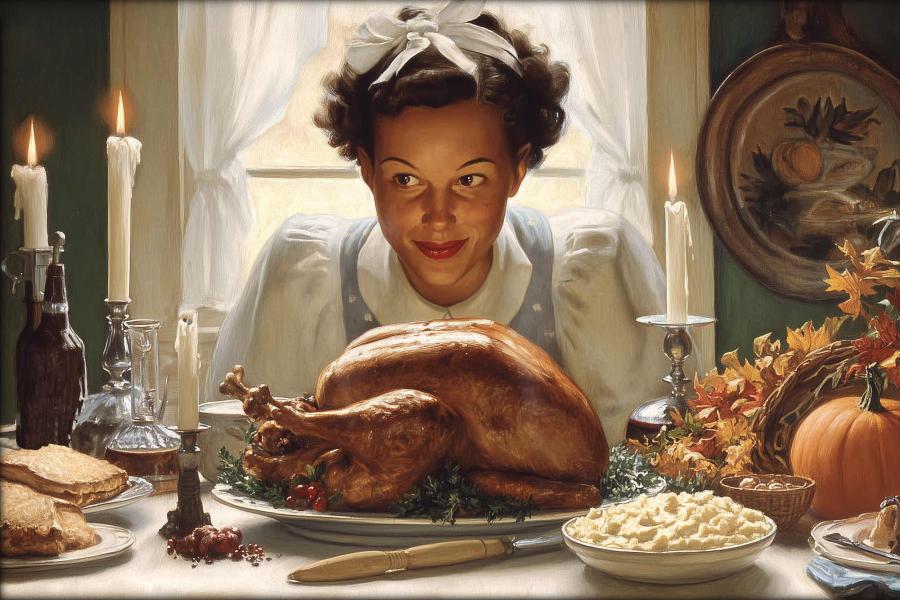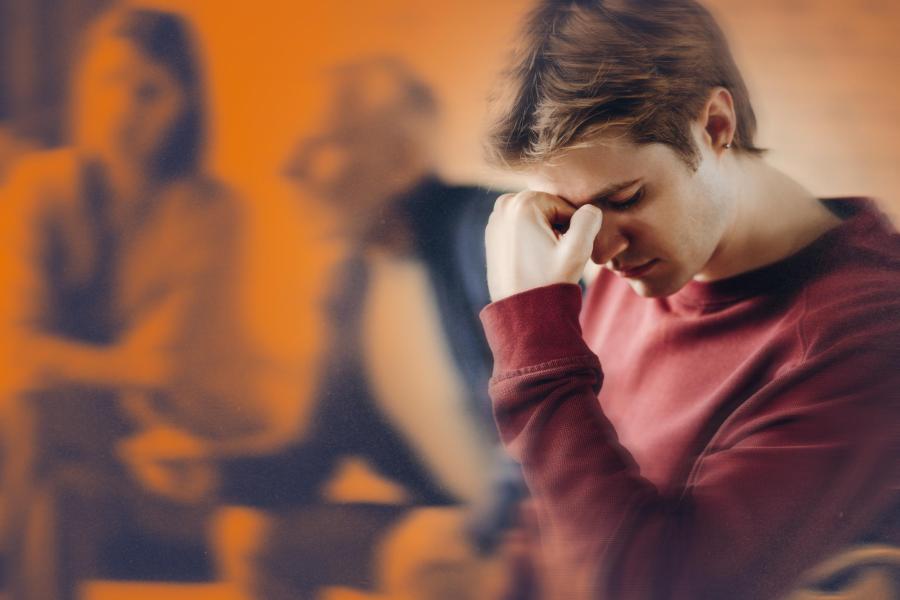The winter holidays are not only a time to gather with friends and family, but also a season associated with increased alcohol consumption in the United States.
The National Institute on Alcohol Abuse and Alcoholism has found a noticeable increase in alcohol consumption during holidays such as Christmas and New Year’s. Research published earlier this month in the Annals of Internal Medicine shows alcohol use among Americans has increased 4% since the pandemic, with heavy drinking rising by 20%.
Kara Wiseman is an epidemiologist and public health professor at the University of Virginia researching cancer prevention, alcohol use and smoking secession.
Q. What advice do you have for those who drink alcohol and want to understand what a risk it can pose as the winter holidays approach?
A. For those looking to gauge how their alcohol behaviors could correlate to health outcomes, the Centers for Disease Control and Prevention has a great tool called Check Your Drinking. You input information about yourself and your alcohol behaviors, and it gives you personalized feedback. That might be helpful for people going into the holidays wondering how their alcohol use compares to averages. It can also offer personalized help to people looking to reduce their alcohol consumption.
Q. What have you learned about alcohol-related behavior in your research?

Kara Wiseman is an assistant professor in the School of Medicine’s Department of Public Health Sciences. (Photo by Emily Faith Morgan, University Communications)
A. We were some of the first to look at awareness of alcohol as a risk factor for cancer in the United States in 2019 and found that awareness was quite low at the time of that study. Thirty-eight percent of the U.S. population believed there was an association, 36% were uncertain, and 25% believed there was no association. We’ve been able to use data like this from the Health Information National Trends Survey to really start to build our understanding of how the population thinks about alcohol.
We also were able to use that survey to look at the intersection of heart disease and cancer awareness. There has been some pretty accepted popular literature in the past suggesting wine is good for your heart. So, we were interested in looking at how people have been influenced by these beliefs about types of alcohol. We found that a lower number of people believed that wine increased cancer risk compared to beer or liquor. Only about 20% of respondents believed that wine increased cancer risks, compared to about 25% for beer, and about 31% for liquor.
In 2022, fellow researchers and I published an article in the American Journal of Preventive Medicine that found that roughly 65% of U.S. adults supported adding warning labels to alcohol-containing beverages and that people who were aware of the alcohol-cancer link were more likely to support alcohol control policies.










